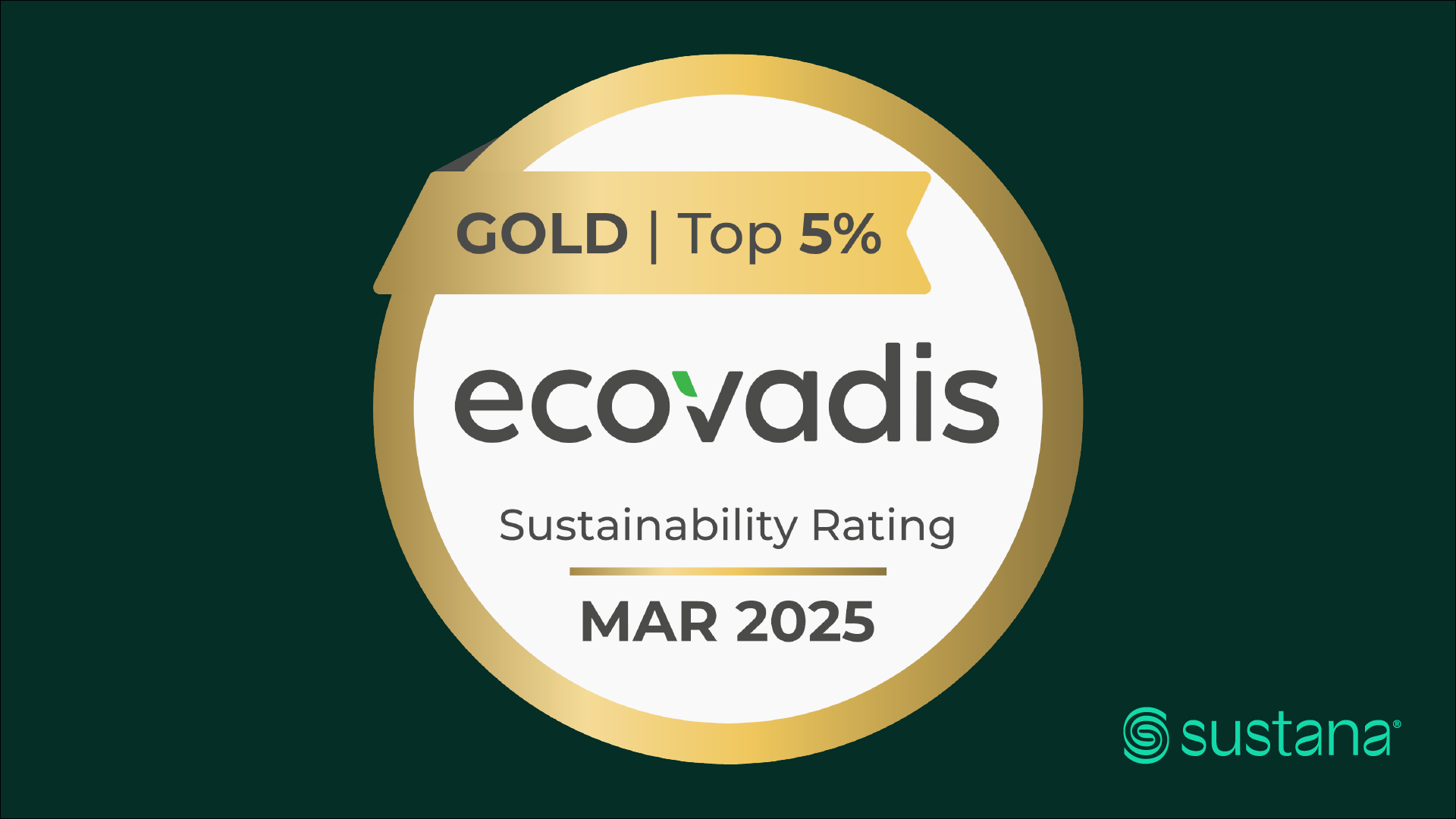For this edition of our continuing series “Conversations with Green Champions,” Rolland President Philip Rundle speaks with Sépaq, the Quebec crown corporation that manages the national parks, tourist facilities, and most of the wildlife reserves across the province of Quebec. Rolland is a long-time supplier to Sépaq, which has used the company’s sustainable recycled paper for its communications for 20 years.
Hugues Sansregret, Manager of sustainable development at Sépaq, talks aligning with the UN’s sustainable development goals and the power of sustainable recycled paper to drive awareness across the visitor experience.
Sépaq manages 23 national parks, 1 marine park, 13 wildlife reserves, 8 tourist establishments and 1 outfitter. Together, these protected territories cover a total of 51,958 square kilometers.
- With the support of more than 3,000 employees, Sépaq showcases and enhances the territories and public assets entrusted to it and ensures their sustainability.
- Sépaq reports to the Minister Responsible for Sports, Recreation and the Outdoors and its head office is located in Quebec City.
- It is organized into 3 networks: National Parks, Wildlife Reserves and Tourist Establishments and offers a range of outdoor activities and services, including accommodation, restaurants, equipment rentals, and shops.
How does Sépaq integrate sustainable development into its strategy?
As a Quebec government body, Sépaq is subject to the province’s Sustainable Development Act. As such, we are at the service of the citizens of Quebec. However, our aim is to contribute to objectives that go beyond our borders. More specifically, we strive to ensure that our strategy contributes to the United Nation’s 17 Sustainable Development Goals whenever possible. We seek guidance from these sustainable development goals when defining our overall strategy and developing our action plan to ensure that our actions also aim to contribute to achieving these important goals.
For an organization like Sépaq, enhancing the value of the territories entrusted to us requires a holistic approach that aims to ensure their sound administration and development for the benefit of Quebec society. Our management approach, which is designed to be sustainable, is guided by Sépaq’s mission. With this mission firmly in mind, Sépaq has established important linkages between the inseparable components of its sustainable development activities and the 17 sustainable development objectives outlined by the UN. In short, sustainable development is at the heart of Sépaq’s priorities and is an integral part of its mission.
Is Sépaq’s integration of UN principals a first in Quebec or Canada?
I don’t think we are pioneers, but we are certainly among the leaders.
When it comes to sustainability, Quebec has been consistently ahead of the game both nationally and internationally—the province’s law on sustainable development came before 2015, the year in which the UN set up its sustainability goals. So, if you look at the sustainable development action plans of other government corporations, you’ll see that they’ve taken a similar approach to our own.
How does Sépaq manage natural resources responsibly and with respect for biodiversity?
As a manager of natural territories, Sépaq is fully aware of the accelerated degradation of the environment and the loss of biodiversity caused by climate change. These challenges are now so pervasive that it is impossible to dismiss them as “other people’s problems.” Following the example of several other major national park systems around the world, Sépaq began implementing a natural heritage monitoring program in the parks under its management in 2002. The results of this physical and biological monitoring allow us to make a general diagnosis regarding the changes in the level of ecological integrity seen in Quebec’s national parks. Given that ecosystems are extremely complex structures, it would be unrealistic for us to claim that we can measure the evolution of all their components. However, by thoughtfully selecting indicators that are both relevant and feasible to measure, it is possible to roll out a monitoring program that will allow our park managers to better focus their actions and decisions in order to adequately ensure our conservation mission over these parks.
With its presence in several regions across Quebec, Sépaq is attentive to local sustainable development issues and eager to contribute to the process of finding solutions that will benefit everyone.
What is Sépaq’s approach to eco-responsible purchasing?
That’s a very pertinent question. At Sépaq, we are working on integrating the responsible purchasing indicators defined by the government of Quebec. We will continue integrating local purchasing principles – which were not previously part of our responsible purchasing policy – as well as energy transition principles.
Some of our establishments have completely eliminated the sale of plastic bottles. Over the past two years, our sales of plastic bottles have dropped by 43 per cent, so there is already a movement underway.
When it comes to paper, we initially asked for 100% recycled paper with FSC certification standards. Our policy has evolved over the years to include increasingly stringent selection criteria. Rolland has been our partner every step of the way and remains the supplier we trust to meet our exacting standards.
What role do print communications play in Sépaq’s sustainability strategy?
The first contact that Sépaq visitors have with sustainable development is often through paper, whether through a paper map in the field or through our educational materials. That’s a common thread that reinforces the role of paper as a valuable tool in sustainable practices. It’s something tangible: you touch it and you put it in people’s hands. People expect to see environmental certification logos, they expect 100% recycled paper. So, the paper we use helps our visitors establish a direct connection between Sépaq and responsible sourcing. They have physical proof, they can touch it.
In Quebec, paper is a strong symbol with a long history in environmental stewardship. In my opinion, the use of paper will always have its place in this context. You can’t say you’re practicing sustainable development without talking about the paper you choose. It’s a must in the collective imagination.
What led you to choose Rolland?
The relationship between Sépaq and Rolland is a beautiful story and one that is not told enough, in my opinion. The visual expression of our sustainable development commitments is our desire to use paper that is sustainable, recycled and obviously of high-quality. What is so interesting about our partnership with Rolland is that we worked together to develop a color profile that allows for higher quality printing on our 100% recycled paper. Together, we were able to contribute to the development of a product that is even more environmentally friendly and more efficient, a product that has become the industry standard at all levels. Our partnership is truly a special one, a real win-win relationship that has lasted a long time.
Do you consider SEPAQ to be a “Green Champion”?
Absolutely! Sépaq has a duty of stewardship for the conservation of biodiversity in Quebec. We manage the national parks and wildlife reserves entrusted to us through responsible stewardship that focuses on sustainable development that will benefit future generations. Since our creation in 1986, we have proven ourselves to be champions of sustainability. When you put all that in the context of major global issues and look at the contributions we are making, I can confidently say “Yes, we are a Green Champion,” and that is something of which we are extremely proud.


